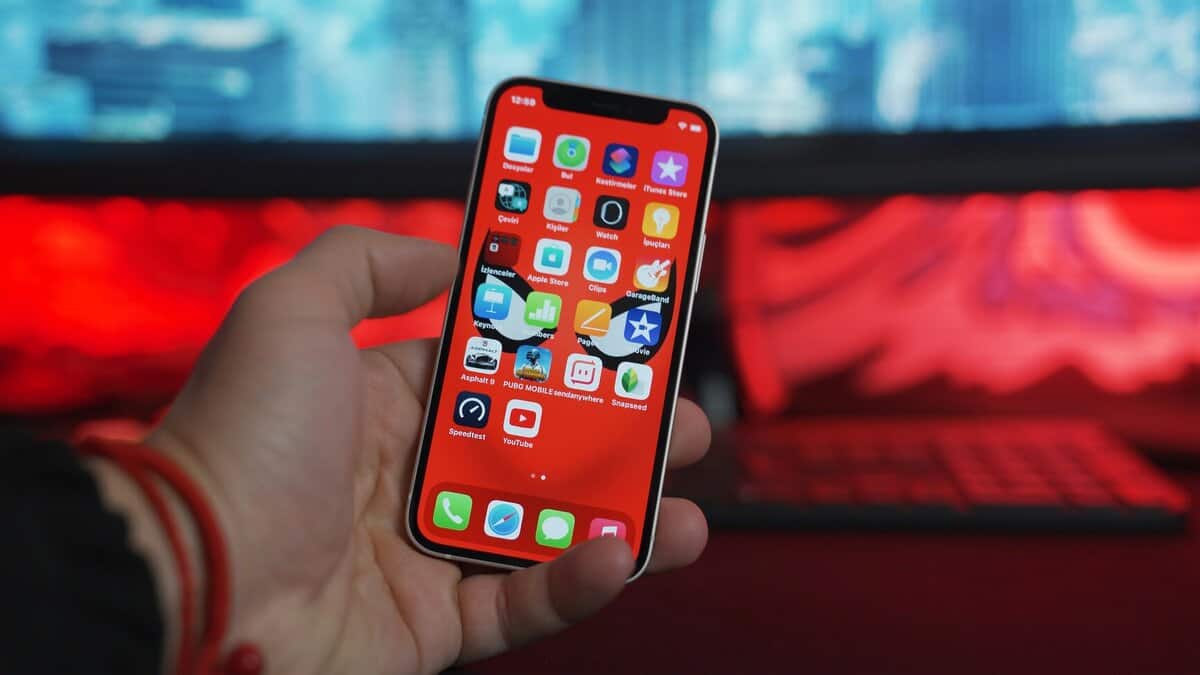The internet is a never-ending stream of content, from shocking news to graphic videos, and everything in between.
What used to be rare or taboo – and for a good reason – is now just one click away.
Over time, this constant exposure can numb our reactions, making us less sensitive to things that should normally evoke strong emotion.
This is what it means to become desensitized, and it can mess with your empathy, mental health, and overall perception of reality.
Here’s how to set some boundaries and protect yourself from emotional numbness.
Recognize Your Consumption Patterns
First off, you need to be honest with yourself about what kind of content affects you the most.
Are you scrolling through disturbing news stories, violent videos, or adult content more than you realize?
Pay attention to your habits – when do you tend to watch or scroll? Do certain topics make you feel anxious, numb, or even desensitized?
Once you know what your triggers are, you can start to set limits.
Acknowledging your patterns is the first step toward controlling them.
This isn’t about shame or feeling guilty, but about understanding how your digital habits influence your emotional state.
Limit Your Exposure to Sensitive Content
If you want to avoid becoming desensitized, it’s crucial to control how much sensitive content you consume.
Set boundaries on the amount of sensitive or disturbing material you watch or read.
For instance, set specific times for news updates and avoid doom scrolling that leads you down dark rabbit holes.
Use tools like content filters or parental control if needed. Also, consider unfollowing or muting social media accounts that regularly share this kind of content.
Exposing yourself to too much of this can dull your emotional responses and make it harder to feel empathy or compassion when it really matters.
Choose Your Digital Environment Carefully
Your online environment shapes your perceptions, so be deliberate about what you expose yourself to.
Follow accounts, channels, and sources that promote inspiring, positive, and balanced content.
Instead of endless streams of negativity or violence, seek out stories of kindness, resilience, and humor.
Unsubscribe from pages that tend to feed you sensational or shocking material – too much of this eventually leads you to become desensitized.
Changing your digital space is like cleaning your room; it helps prevent overload and keeps you sharper.
What you see repeatedly really influences how you feel and how you perceive the world.
Take Regular Breaks from the Internet
Constant exposure to screens is the fastest way to become desensitized. That’s why it’s important to schedule regular breaks from social media, news, streaming, or gaming.
Even a day or two without digital input can reset your emotional state.
Use this time to reconnect with nature, hobbies, and real-life interactions.
This “detox” helps you process experiences もっと見る 深く and is crucial in preventing you from becoming desensitized.
Over time, you’ll notice that you’re less likely to need increasingly shocking content to feel something.
Of course, you don’t have to cut everything out completely; just give yourself permission to step back every now and again.
Practice Emotional Awareness
Being mindful about how certain content makes you feel is crucial.
When you encounter something intense or disturbing, pause and focus on your emotions. Are you feeling numb, anxious, or overwhelmed?
Stay present and face your feelings even if they might be uncomfortable.
This awareness helps prevent emotional shutdowns and keeps your responses genuine.
開発中 エモーショナル・インテリジェンス allows you to process digital content without becoming desensitized.
Mindful engagement helps you maintain empathy and emotional depth, instead of becoming immune to the gravity of certain content.
Intentionally Be More Empathetic
Desensitization can actually be avoided by actively practicing empathy in real life. Be there for your friends, donate old clothes, or volunteer.
Emotional responses aren’t always automatic; in many cases, they have to be cultivated.
By intentionally being more compassionate, or consuming content that’s centered around resilience and kindness, you become more emotionally intelligent.
This not only keeps you from becoming desensitized but also enhances your ability to care and 人とつながる genuinely.
It’s about balancing the consumption of harsh content with uplifting experiences that remind you of human connection.
Be Critical of the Content You Consume
It’s important to develop a critical mindset when consuming content on the internet.
Question the source, motive, そして コンテキスト before accepting something as a fact or entertainment.
Avoid sensationalized stories and videos that thrive on triggering emotional responses without offering meaningful insight.
This skepticism helps prevent you from becoming desensitized to exaggerated or manipulated content.
It also encourages mindful consumption and helps you retain your emotional integrity while navigating the digital world.
Set Boundaries for Yourself
Boundaries are your best defense against becoming desensitized by the internet.
Decide how much time you’ll spend on social media, watching videos, or watching the news each day. Use timers または app limiters if necessary.
Make a habit of ending your online sessions before feelings of numbness or fatigue kick in.
Maybe communicate your boundaries to close friends and family; they can help hold you accountable.
Try not to look at this as deprivation, but as protecting your mental health.
By actively managing the content you see, you preserve your emotional sensitivity and prevent the gradual numbing that endless exposure can cause.
Seek Support if You Think You’re Becoming Desensitized
If you notice yourself becoming desensitized, experiencing anxiety, or emotional exhaustion, don’t hesitate to seek support.
Talk to friends, family, or a therapist about your feelings.
Sometimes, desensitization is a sign you’ve been overwhelmed and need help processing what you’ve seen or experienced.
Therapy or counseling can provide tools to manage content consumption in a healthy way.
Protecting your emotional well-being in the digital age is ongoing work, and support can make the journey easy and more sustainable.
A little Aquarius, devoted to writing and embroidery. Through my writing, I hope to empower readers to align with their true selves and navigate life’s mysteries with confidence.










